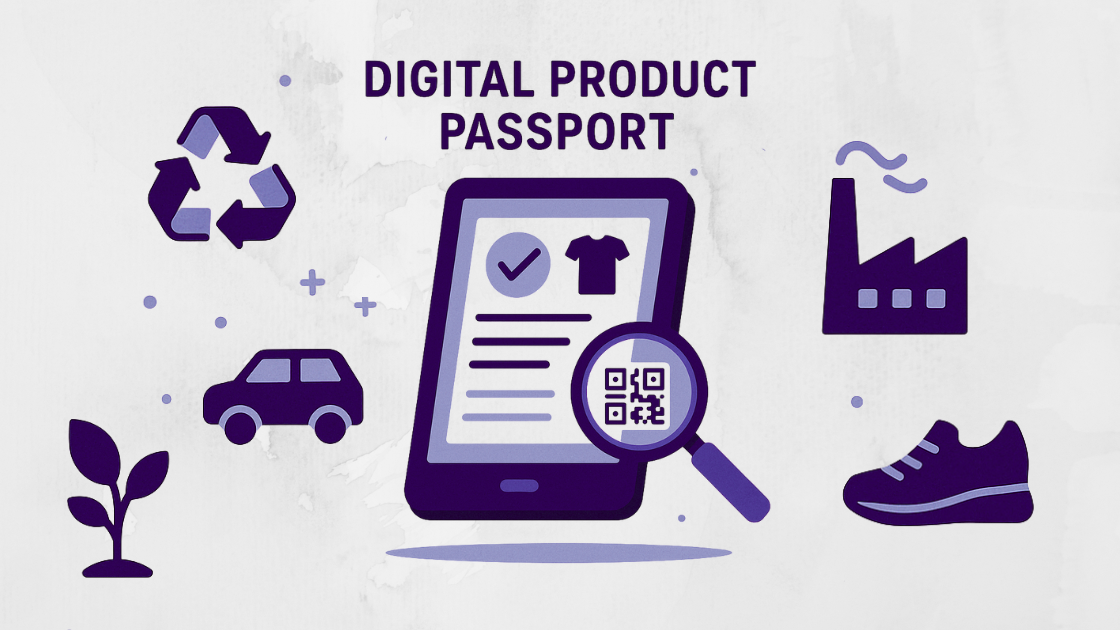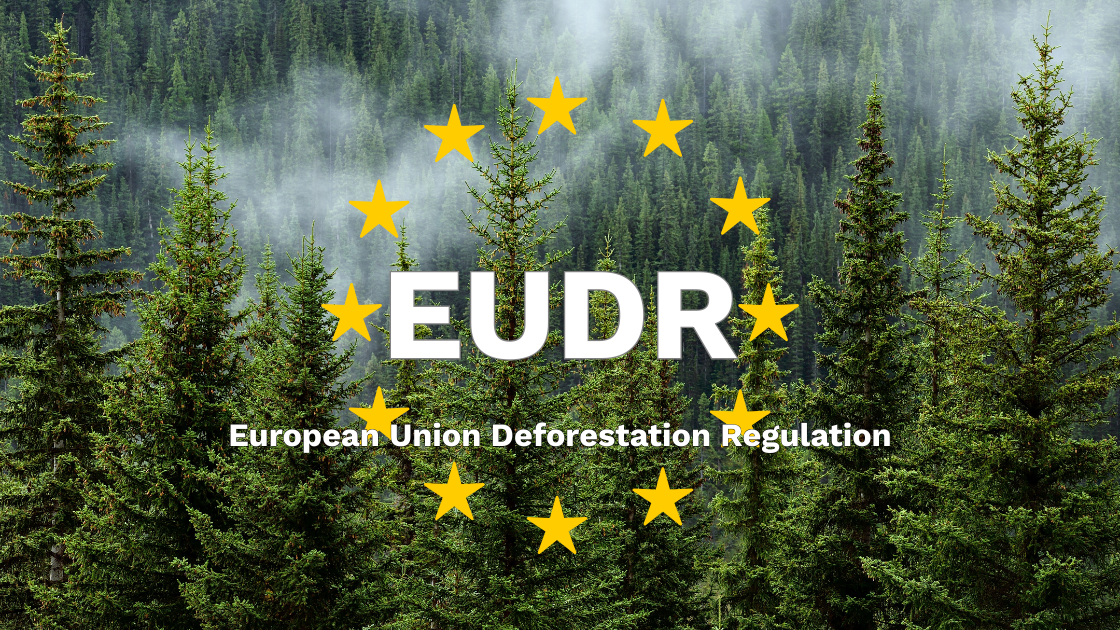What are SDGs and why are they important for your business?
The UN Sustainable Development Goals or SDGs, as they are widely referred to, were adopted by all United Nations Member States in 2015 and provide a framework for sustainable development that aims to bring peace and prosperity for people and the planet now and into the future. This agenda consists of 17 goals, such as ending poverty and hunger, achieving gender equality, ensuring affordable and clean energy and sustainable cities and communities.

The critical role of SMEs in achieving SDGs
Meanwhile, Small and Medium Size Enterprises (SMEs) are the backbone of economies around the globe. There are around 400 million SMEs in the world, acting as the main source of job creation, making up 95% of firms and 60-70% of universal employment. Effectively, these numbers lead to the undeniable conclusion that SDGs are not achievable if small and medium businesses do not get on board in this effort to bring change to the world. They have a leading role to play especially when it comes to the economic aspects of the SDGs, which promote inclusivity, sustainable economic growth, sustainable industrialisation and decent work for all.
Mutual benefits for SMEs and sustainable development
A common misconception about this call to action by the UN is that it’s a one-way street. However, by taking action, smaller enterprises can unlock new opportunities and promote innovation along with an increase of productivity levels — a combination that certainly contributes to substantial economic growth.
Changing dynamics in the business landscape
Our world is changing fast and everyone in the financial chain, be it a consumer, job seeker or investor, is re-thinking their position and future within this change. We’re seeing buyers’ considerations shifting from cheap to impactful, business investments taking a new direction towards sustainability and social responsibility and young professionals increasingly interested in working for businesses that support important causes around sustainability, gender equality and diversity. Any given business committed to growth and development will need to take into consideration SDGs and the changing business landscape around us for a sustainable future.
Adopting a standards-based approach for SMEs
For this reason, a standards-based approach to sustainability is essential for smaller firms as it will help them adapt and develop the right internal and external policies, and in turn showcase their performance to relevant stakeholders.
Navigating the complexity of SDGs
SDGs, however, can be quite complex. The 17 goals are made up of 169 targets and it can be difficult for small businesses to know which goals they are contributing to and are relevant to their overall activity. To begin, the relevance of the goals to a business depends on the business’s impact and the impact, in turn, is driven by the profile of the business including its operations, activities and supply chains. According to the GRI Standards, “‘impact’ refers to the effect an organization has on the economy, the environment, and/or society, which in turn can indicate its contribution (positive or negative) to sustainable development".
Eevery’s mission is to help navigate this complexity and provide simple and user-friendly guidance for businesses to measure, improve and report their impact. Find out how by booking a demo.
Would you like to know more about SDGs? Subscribe now and read the latest news around ESG and sustainability for small and medium size businesses.



